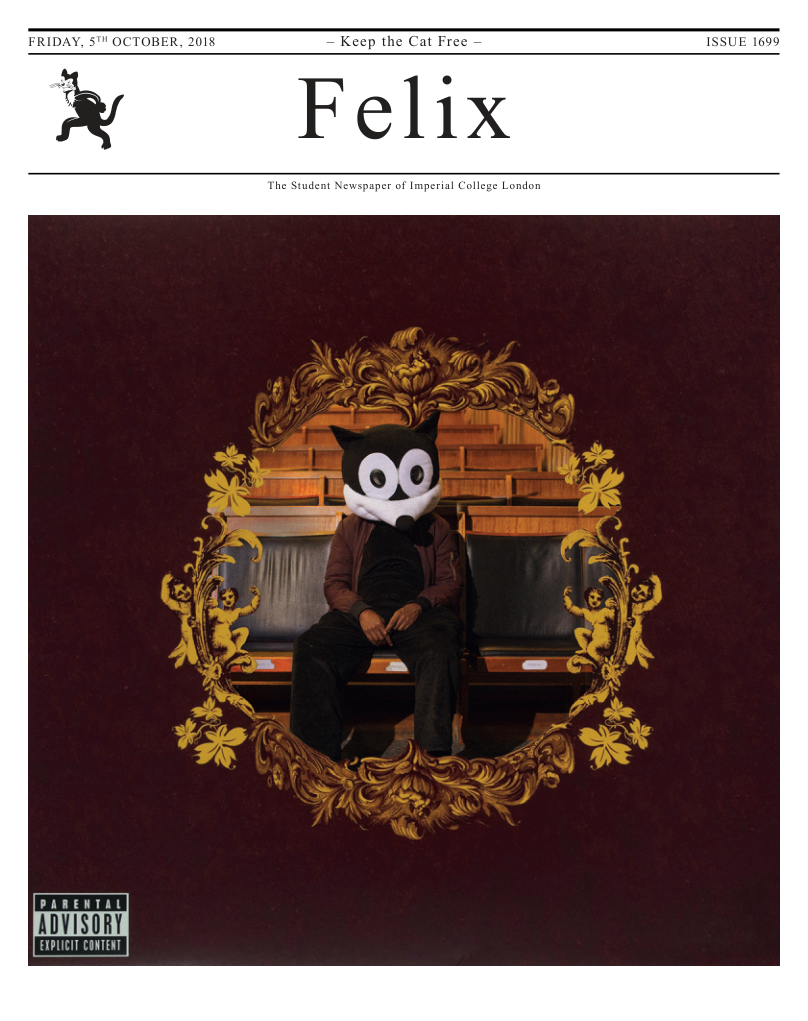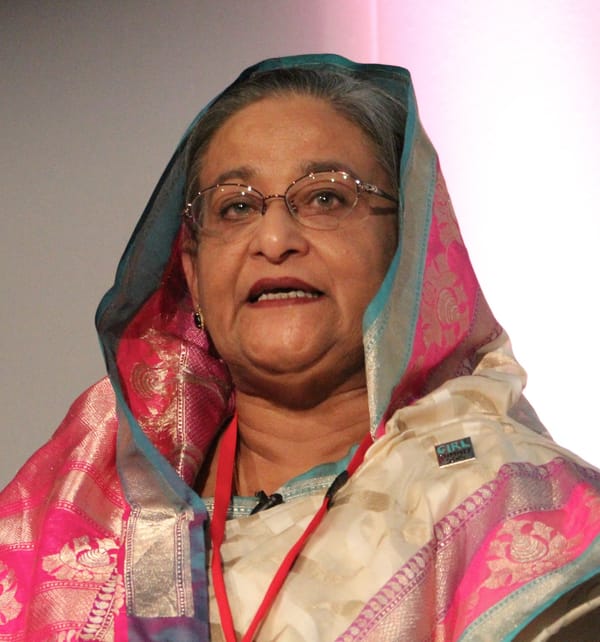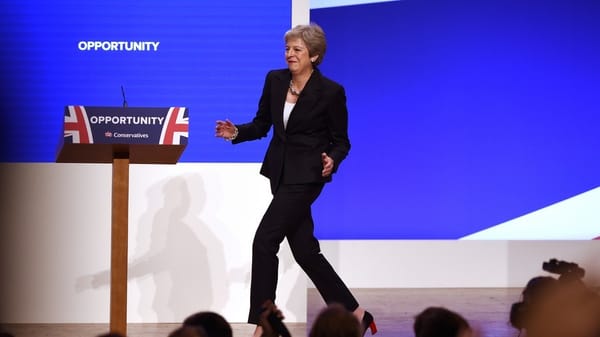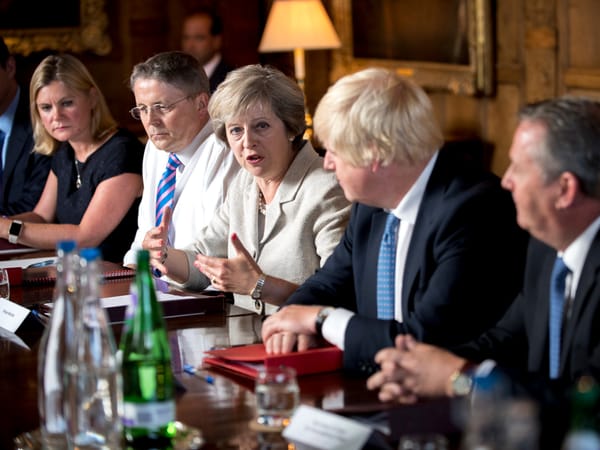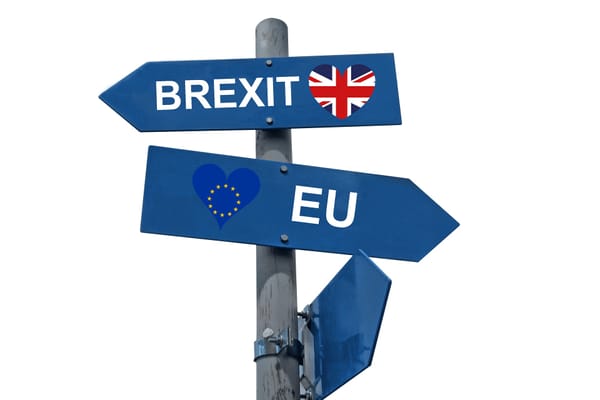My Visit to Labour Conference: Thoughts on the Government in Waiting
President of Imperial Labour Society, Ansh Bhatnagar, shares his views on the 2018 Labour Party Conference

Last week, I travelled along with three other Imperial students to the annual Labour Party Conference, this year held in the great city of Liverpool. After a long, difficult summer in the party, with lots of division between the two factional wings, I didn’t know if I should be looking forward to the coming few days.
Firstly, a bit of background about me: I’m not someone who is massively involved in politics; the first time I paid any attention to it in the news was around the 2015 General Election. Having heard about the tripling of tuition fees and the end of maintenance grants, as well as wider issues such as the real terms cuts to the NHS and our schools, it seemed to me that Labour was the only party talking about these issues and taking them seriously.
Unfortunately, I was too young to vote in that election. Fast forward to when I came to uni in 2016 and decided to join both the Labour Party and the Labour Society at Imperial. It was great to have a place to meet so many like-minded people who also felt that our current system is incredibly unjust, and to organise campaigning efforts together in the 2017 General Election. Two years on, I am now it’s President.
Looking back to last week; I had never been to a political party conference before and was unsure of what to expect. Would it just consist of long and boring discussions about the minute details of some obscure policy? 13,000 people, including hundreds of Young Labour members, were descending on Liverpool, so I knew it had to be more than just that.
Policy was indeed discussed and debated, in a packed conference hall full of thousands of CLP (Constituency Labour Party) and trade union delegates. This is the centre of the Conference, as Labour under Jeremy Corbyn has been increasingly trying to become a member-led party where ordinary people like you and me have influence over the policies that a Labour Government would adopt. This gradual democratisation of the Party is clearly winning over swing voters: in the 2017 General Election, Labour, with its brave and transformative manifesto, gained the largest increase in vote share since 1945. These policies are winning the debate because they’re being crafted by ordinary people, many of whom have directly suffered the consequences of austerity under the Tories for the last 8 years.
While debating and making important policy decisions for the next Labour government is incredibly important, it’s the fringe events where Conference truly shines. These include panel discussion, Q&As, and interviews with Labour politicians and activists, and are hosted by all sorts of associated organisations in the Conference venue. Outside the venue, a fringe politics, arts, and music festival called The World Transformed (TWT) runs alongside the Labour Conference, now in its third year.
Upon arrival at Liverpool on Saturday, we decided to attend the relaunch of Tribune magazine, being hosted at TWT. Tribune is the traditional magazine of the Labour left, with contributors and editors including George Orwell, Nye Bevan (founder of the NHS), Barbara Castle and Michael Foot. Having faded into obscurity earlier in the year, it was relaunched with a bang, with journalists such as Owen Jones and Dawn Foster contributing to the magazine and speaking at the event. The crowd had a diverse mix of young and old, veterans of the movement and those new to it.
Upon looking at the schedule, we quickly realised that TWT had many incredibly diverse events, from yoga sessions to reading groups, coding classes to a 5-a-side football tournament. A few years ago, it would’ve been hard to believe that such events are running alongside a political conference, but a lot has changed since then. Politics is being reinvigorated by a grassroots left-wing movement, with more and more ordinary people getting involved every single day and joining the half-a-million strong membership of the Labour Party.
Walking around the bustling Conference floor over the next few days meant rubbing shoulders with people I’ve only seen on TV before: people like Ed Miliband, Owen Jones, Dianne Abbott, John McDonnell, David Lammy, and many many more commentators and politicians. Due to this easy access to the big names in the Labour movement, we decided to make a short video to promote LabourSoc. For busy people who have their calendars full to the brim, they were incredibly approachable and kind enough to record the video messages for us.
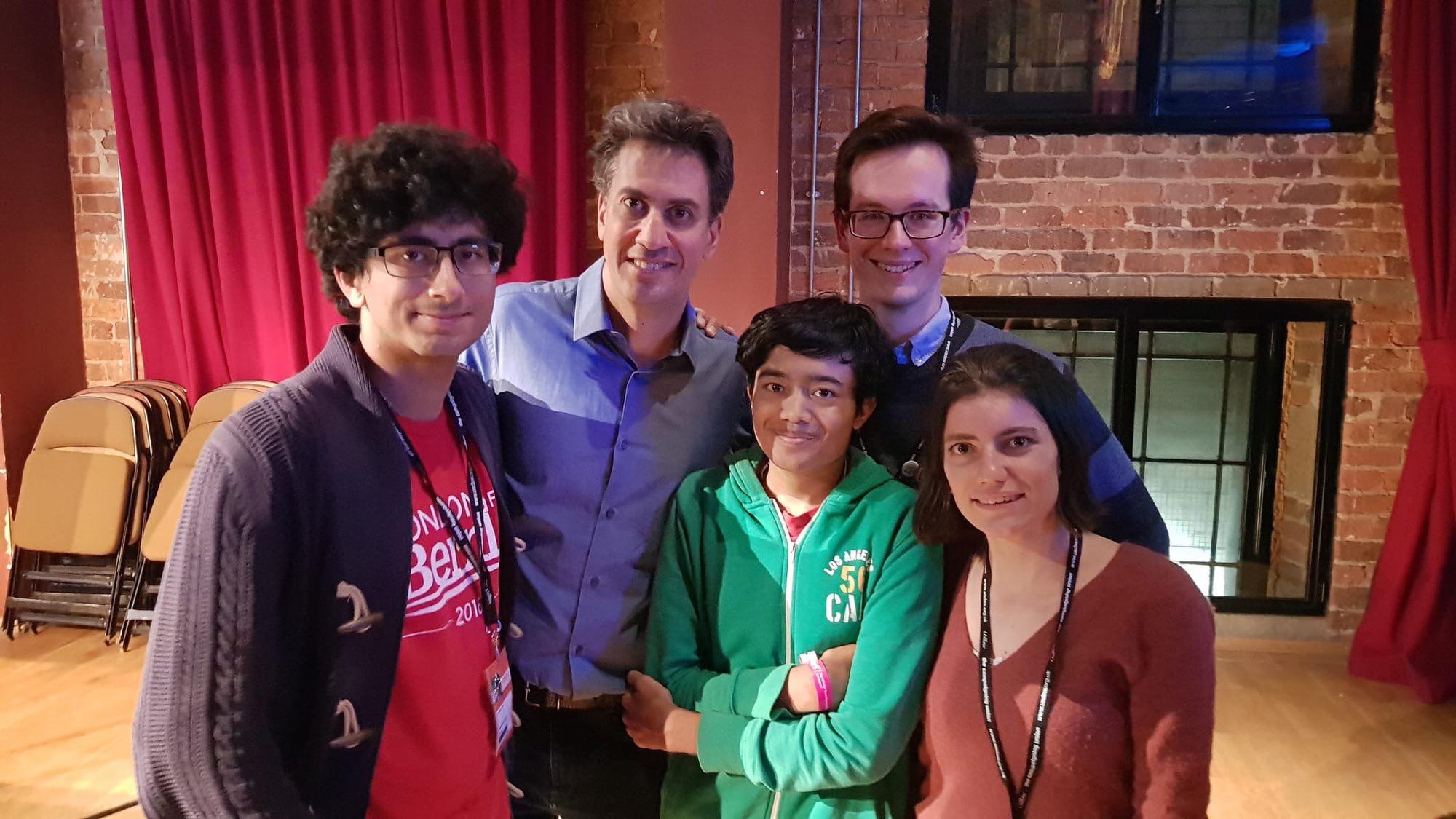
Being at Conference wasn’t just about the Labour Party – it was also about the wider left-wing movement. A panel discussion on the American Left with Julia Salazar (New York state senate candidate), Bhaskar Sunkara (editor, Jacobin magazine and publisher of Tribune), as well as Alexandra Rojas, organiser for Bernie Sanders’ presidential campaign, was held at TWT. A lot of insight was gained by hearing first hand from those fighting for the Democratic Party to become a left-wing party, and a true alternative to the Republicans’ destructive far-right vision for America. Ever since the relative success of Bernie’s presidential campaign, these activists have been organising under the banner of ‘Democratic Socialists of America’, and have been celebrating major victories including the win of Alexandria Ocasio-Cortez earlier this summer.
On the last day, I ended up at a brunch event with John McDonnell (the Shadow Chancellor) who spoke about what steps a Labour government would take once elected - the first term of the Labour government will involve reversing the damage caused by the Conservatives’ economic agenda, and the second term will be about working towards implementing even more new ideas to radically and permanently transform our society so that it works for all of us, not just those born with a silver spoon in their mouth. Environmental policy was also a key topic of the speech – McDonnell has spoken strongly against the expansion of Heathrow and was one of the few Labour MPs to vote against it in Parliament. During the talk, I was sat next to a lecturer from Goldsmiths University as well as a young activist from the midlands. People from different walks of life have all been brought together by this revitalised movement, and this was further solidified by the Leaders’ Speech that followed.
In the packed conference hall, Conference was called to an end with a speech from Jeremy Corbyn. The strapline of the Conference was “Rebuilding Britain – For the Many, Not the Few”, and this theme was prevalent in the speech. It touched on all the big issues, from Brexit to Windrush. He criticised the disastrous foreign policy of the Tories, calling on them to stop arming the Saudi government that has been waging war in Yemen. With Brexit, he announced that Labour will be voting down any deal that negatively affects living standards and workers’ rights, and will be pushing for a General Election to avoid a no-deal Brexit if the Tories cannot get a deal through. Labour will be investing in public services, reversing the cuts, and even introduce a powerful policy that aims to give workers one third control over their company boards – slowly working our way towards a socialist economy.
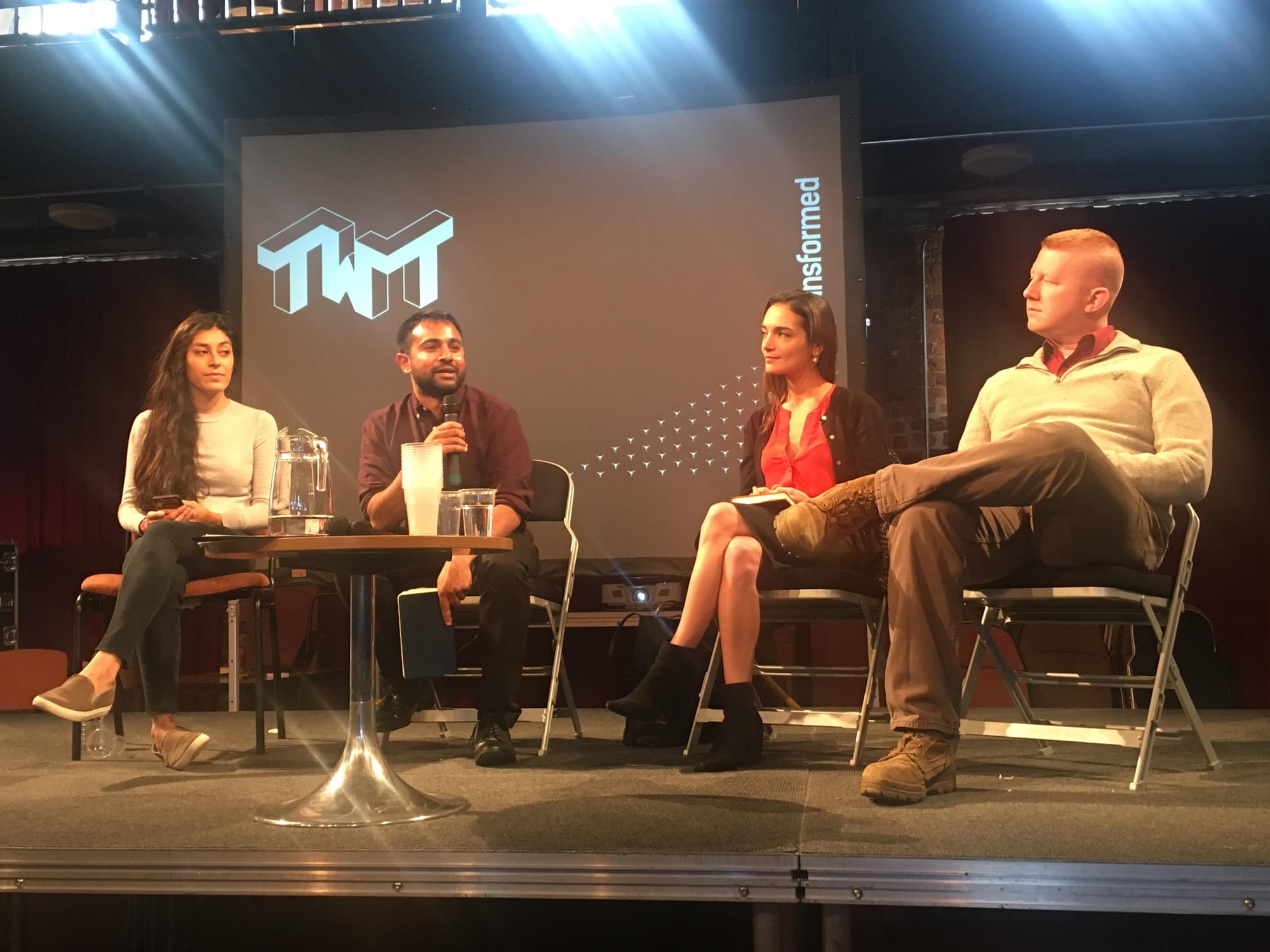
It was a powerful speech that has been seen by many to be one of a future Prime Minister. The speech ended a Conference where a lot of comradely debate had taken place and the mood had lightened after a difficult summer. Over a few days, the wide rifts and divisions between the left and the right wings of the party were sown, with all of us walking out feeling like there was a government in waiting – a government for the people, by the people.
It was an exciting experience. I felt like I was part of a genuine movement that can win the debate and transform our society for the better. Looking forward, we have massive change coming up for Britain: Brexit. Whatever happens in the run up to March 29th, the debate will be incredibly different this time next year, and who knows - maybe Labour Party Conference 2019 will end with a Prime Minister’s.

